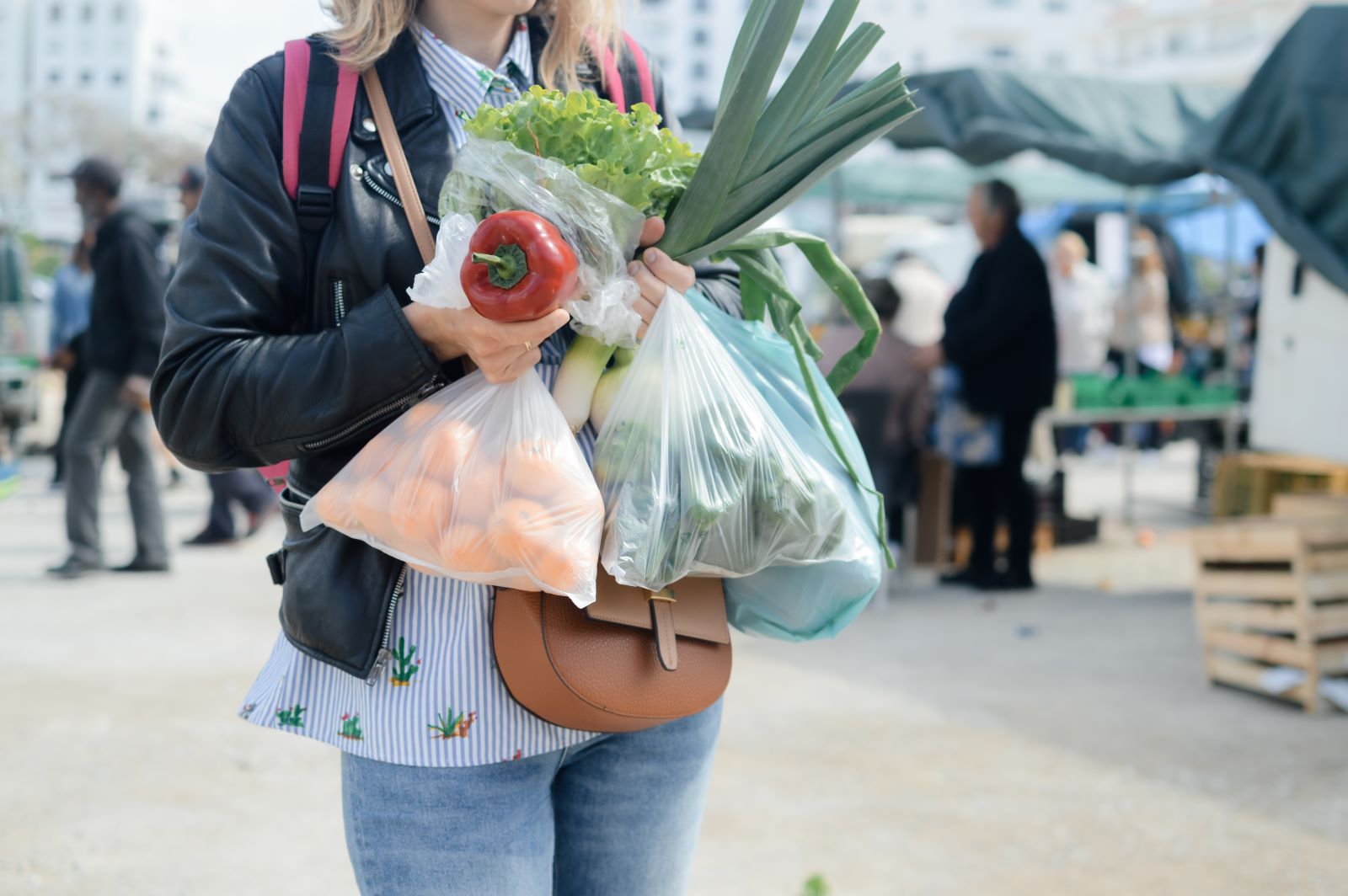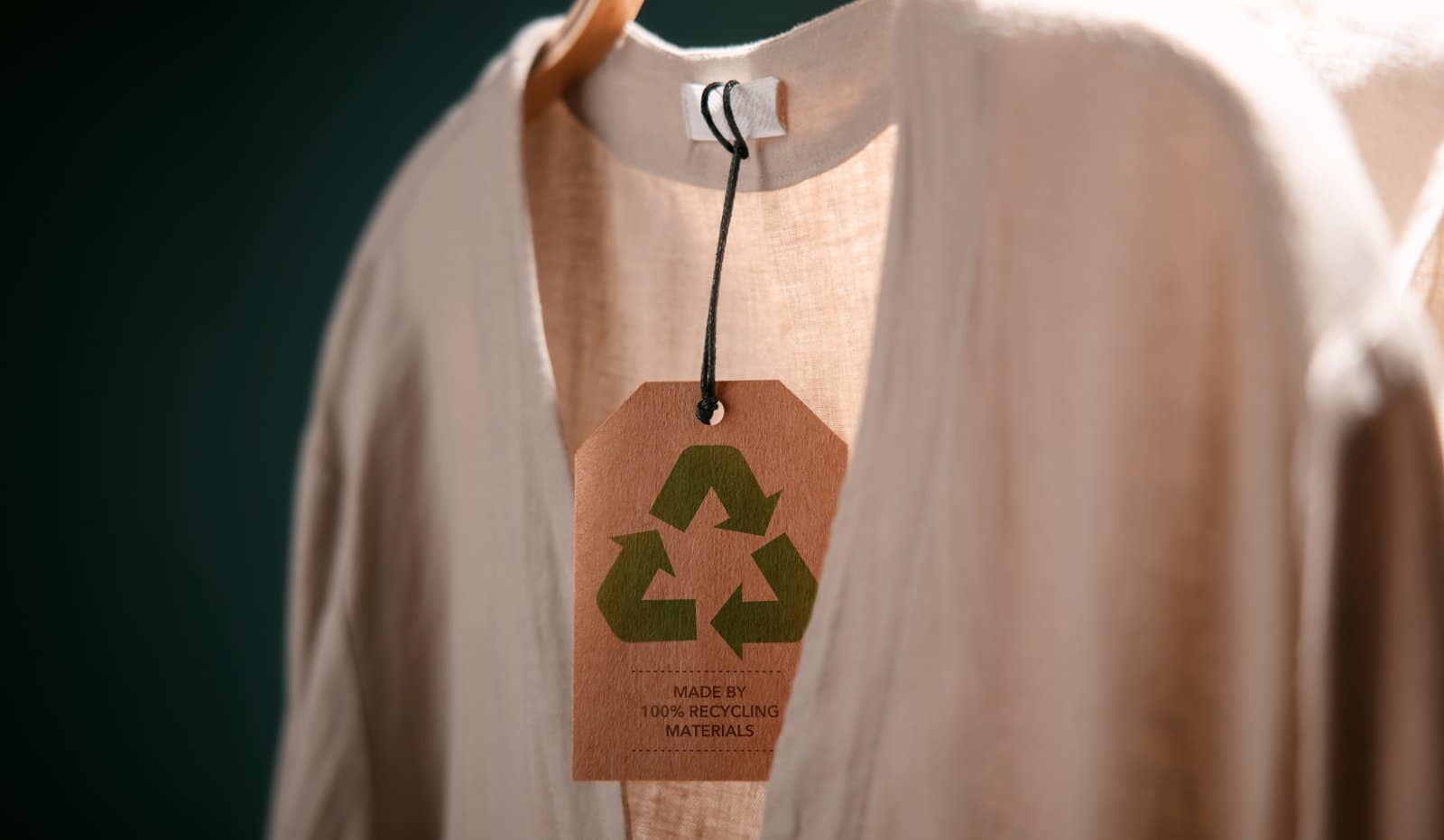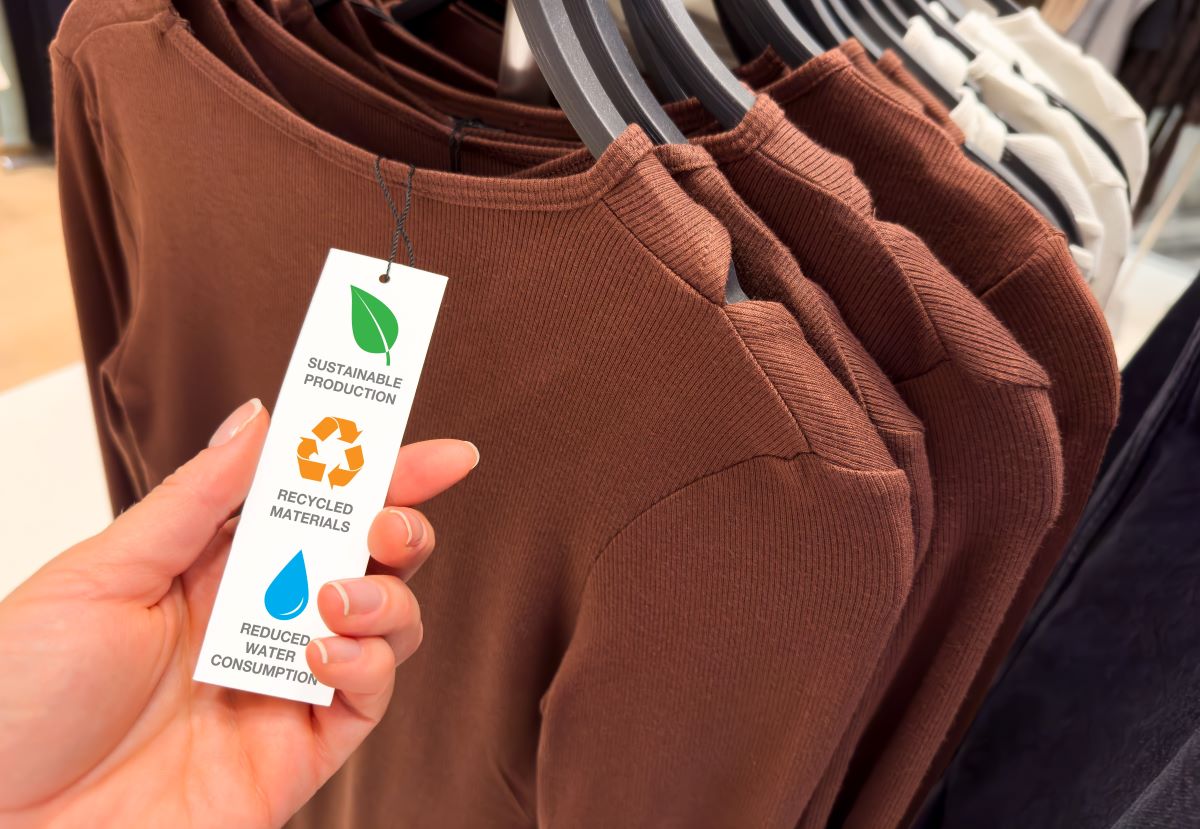The green wave has hit consumer markets like a tsunami, promising a cleaner, greener world. But beneath the surface, are these eco-friendly claims just a murky mix of marketing and wishful thinking?
1. The Biodegradable Bag Baloney

Sure, those biodegradable bags sound great until you realize they require specific conditions to break down, conditions not found in your average landfill. So much for returning to the earth.
2. The Electric Car Conundrum

Electric cars are the poster children for green living, but let’s talk about the batteries. Mining lithium and cobalt often wreaks environmental havoc. Zero emissions on the road, plenty in production.
3. Organic Food Fables

Organic produce, free from pesticides, they say. Yet, the yield is lower, requiring more land and water. Plus, the price tag—does being eco-friendly need to be this expensive?
4. The Recycling Ruse

Recycling, the feel-good solution to waste. Except much of what we dutifully toss into the blue bin ends up incinerated or in a landfill in another country. Out of sight, out of mind?
5. Vegan Leather Lies

Vegan leather, often just a fancy term for plastic. Yes, no cows were harmed, but your new faux leather jacket is a petroleum product that won’t biodegrade for centuries.
6. The Fast Fashion Facade

Eco-friendly clothing lines from fast fashion giants—sounds progressive, right? But when you churn out millions of “sustainable” items, it’s a drop in the ocean of overconsumption.
7. The Solar Panel Paradox

Solar panels promise clean energy, yet the production process involves toxic chemicals and generates waste. And let’s not start on the difficulty of recycling old panels.
8. Eco-Hotel Exaggerations

Eco-resorts that tout their sustainability often overlook the carbon footprint of flying guests from around the globe. Local sourcing doesn’t quite balance out jet fuel emissions.
9. The Paper Straw Problem

Paper straws, the knee-jerk reaction to plastic pollution. But if they’re wrapped in plastic and turn to mush in your drink, are we really winning?
10. Greenwashing Gadgets

Tech companies release “green” versions of gadgets, slightly tweaked for efficiency. But the real issue—the constant cycle of upgrades and e-waste—remains unaddressed.
11. Water-Saving Wonders That Aren’t

Low-flow showerheads and faucets are great, unless they’re made of materials that leach chemicals or break down after a year. Saving water, wasting resources.
12. Sustainable Seafood Schemes

Sustainable fishing labels are comforting until you dig into the loose standards and lack of enforcement. Overfishing continues, with a green sticker slapped on the side.
13. The Renewable Energy Riddle

Wind farms and hydro plants are renewable energy heroes, unless you consider the displaced wildlife and disrupted ecosystems. Green energy, gray consequences.
14. Compostable Product Comedy

Compostable utensils and plates that require industrial composters to break down—facilities most consumers don’t have access to. Back to the landfill they go.
15. The Natural Cleaning Con

Natural cleaning products, free of harsh chemicals, but check the label for vague terms like “fragrance” or “biodegradable.” Transparency is often washed away.
16. The Eco-Label Labyrinth

Certifications and eco-labels are supposed to guide us, but with each industry having its own standards, it’s a jungle of jargon and fine print. Who’s auditing the auditors?
17. Bamboo Product Bamboozle

Bamboo products, hailed for rapid growth and renewability. But the chemical-intensive process to turn bamboo into soft fabrics? Not so green after all.
18. Ethical Mining Myths

“Ethically sourced” minerals for your smartphone and electric car. Yet, the mining practices often involve underpaid labor and environmental degradation in distant countries.
19. Carbon Offset Charades

Buy a product, plant a tree—sounds like a guilt-free pass. But these carbon offsets can be a smokescreen for continuing high-emission activities without real change.
20. Green Tourism Traps

Tourists flock to pristine destinations, lured by eco-tours. But the influx of visitors strains local resources and ecosystems, turning conservation areas into crowded hotspots.
21. The Sustainable Lifestyle Illusion

Living a truly sustainable lifestyle is touted as achievable with a few green products. Reality check: it’s a complex web of choices, trade-offs, and often, inconvenient truths.
You Decide

So, are eco-friendly products the green miracle they’re made out to be, or just another layer in the consumerist facade? As the evidence stacks up, it seems our journey to a sustainable future is filled with more detours and dead ends than the glossy brochures would have us believe.
Featured Image Credit: Shutterstock / Kaspars Grinvalds.
For transparency, this content was partly developed with AI assistance and carefully curated by an experienced editor to be informative and ensure accuracy.

